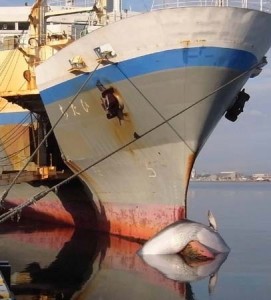 A new study conducted by researcher along Kerala coasts find that the number of whales and other marine animals getting hit by ships has increased significantly in the past few months. The stranded sea animals also include some rare and endangered species like the Bryde’s whale.
A new study conducted by researcher along Kerala coasts find that the number of whales and other marine animals getting hit by ships has increased significantly in the past few months. The stranded sea animals also include some rare and endangered species like the Bryde’s whale.
A Biju Kumar, Head of the Department of Aquatic Biology and Fisheries, Kerala University said that the number of animals being hit by ships has increased a lot in the last few months. There have been reports of at least a dozen mammal deaths and four of the whales that were stranded along the coast were found to be the endangered Bryde’s whale.
Little known Whales
Named for a Norwegian whaling entrepreneur nearly a century ago, Bryde’s (pronounced BROO-duhz) are baleen whales, which use meshlike mouth plates to filter food from the sea. Surprisingly little is known for sure about this species.
Lacking thick layers of valuable blubber, Bryde’s weren’t much targeted by whalers. They are also rare to find therefore had scant attention from scientists too.Bryde’s travel solo or in small pods and can dive to a thousand feet. Reported mostly in warm, equatorial waters, they probably breed year-round and may use low-frequency calls to find each other across great distances. But details of their movements, mating habits, and population status are sketchy, and sometimes inferred from better-known kin.
It is therefore tragic that the whales were killed accidently on the Kerala coasts and no one even made an effort to know more about the species or the cause of death.
Accident Zones
Kumar who conducted a study on Kerala coasts to find the mortality rate of marine mammals due to fishing operations found that apart from whales, porpoises and dolphins too were killed due to hits with passing ships and other fishing practices.
The high number of reported whale stranding in the past few years seems to indicate that the frequency of these events have increased, he said.
The researcher also said that while globally alarming sounds and contaminants were causing whales to change their natural behaviour, in the Indian oceans the major cause of their distress was not the disturbances but the collision with shipping vessels.
“Ship strikes can significantly affect small populations of whales, and in areas where special caution is needed to avoid such events, measures to reduce the vessel speed may be beneficial,” he said.
He added that no significant conservation or protection effort has been done to avoid the collision. There are about 30 species of marine mammals in Indian coastal waters, including whales, dolphins, one species of porpoise and a variety of sea cow, he said.
“In the absence of any dedicated survey to assess the abundance of marine mammals in Indian waters, we have no indication of their numbers, notwithstanding their population trends”.
“While the Indian Wildlife Protection Act of 1972 puts all marine mammals in Schedule I of the Act, very little has been done in ways to mitigate mortality,” he said.
Lack of Knowledge
Kumar observed that there were many fishermen who used the dolphins as the cue to catch large shoals of fish. Among the mammals there were few that have already become endangered as they are killed for their skin and for medicinal purposes. Therefore without any knowledge of the vulnerability of the remaining number of animals, the fishermen and locals ignore the mass death of these animals on the shores.
He warned that for some small population of dolphins or whales, ship collision could directly threaten the existence of the whole species. But even after death the cause of death and the injuries sustained were not properly investigated.
Kumar suggested that only a thorough necropsy by experts would precisely identify the causes.
“This will facilitate a more reliable investigation into mortality and provide greater ability to evaluate and alleviate the impact of anthropogenic interactions,” Kumar added.
Related Stories:
Fish in a Tank…None in the River
India second in the List of Shark Catching Nations


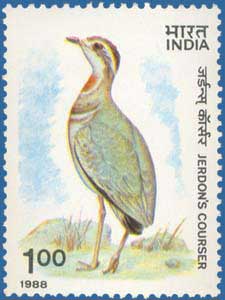
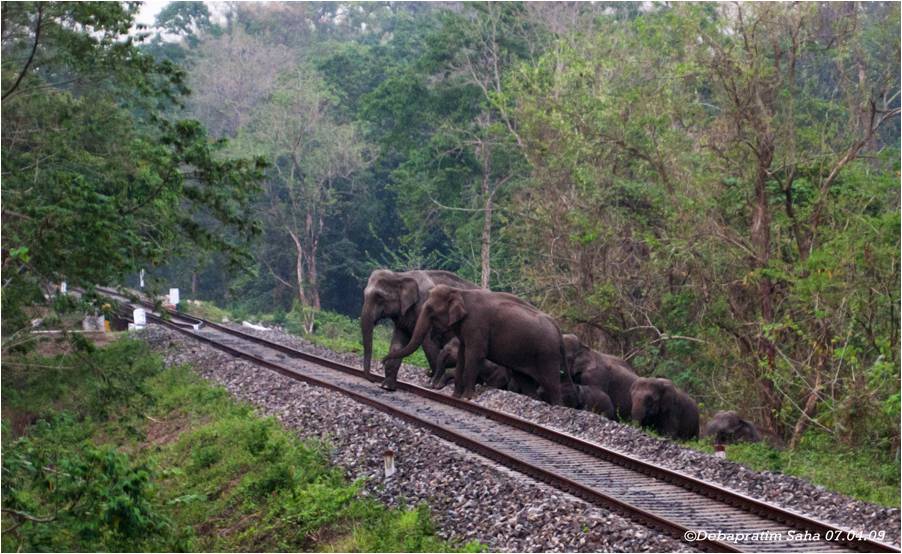
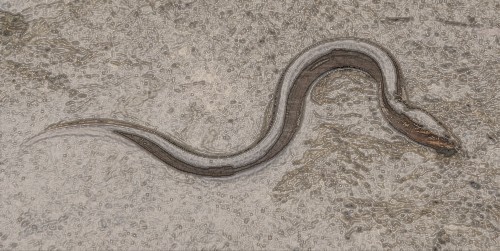
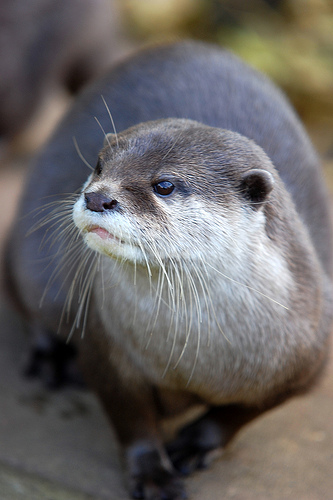
sad…